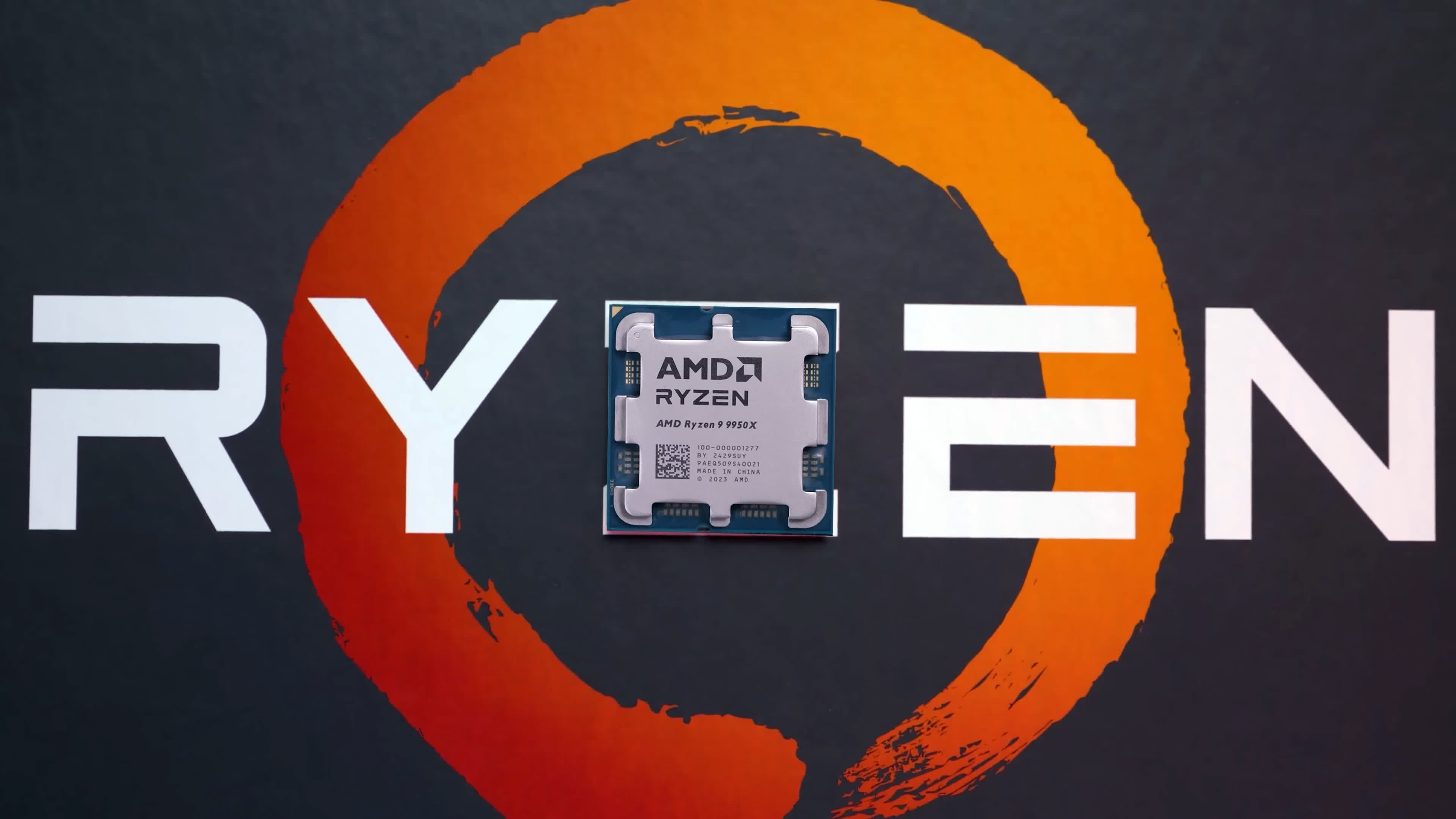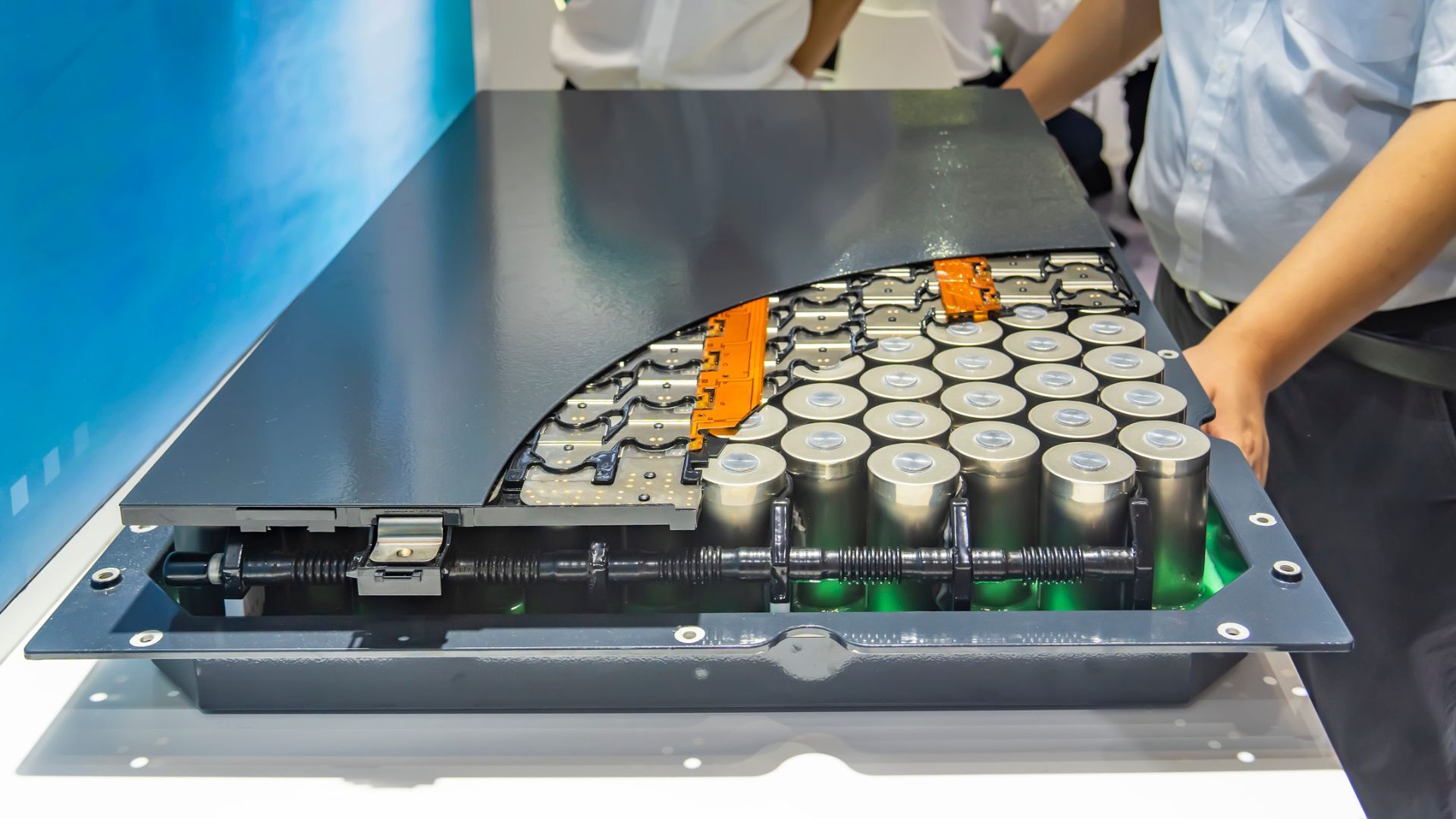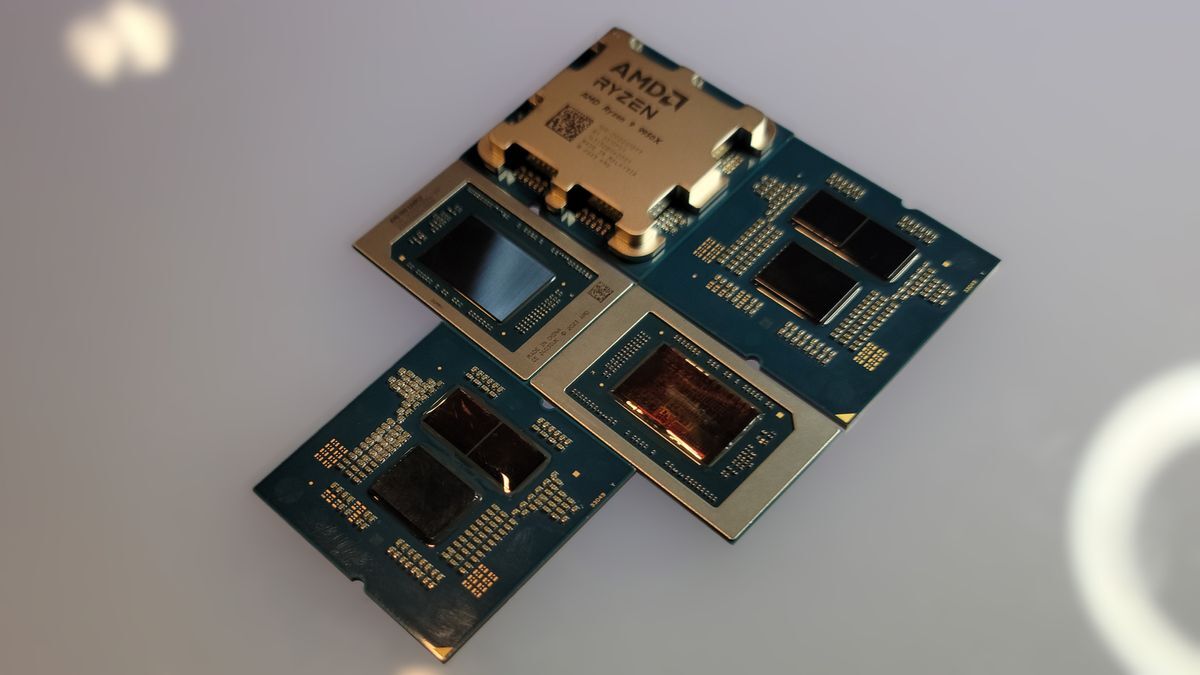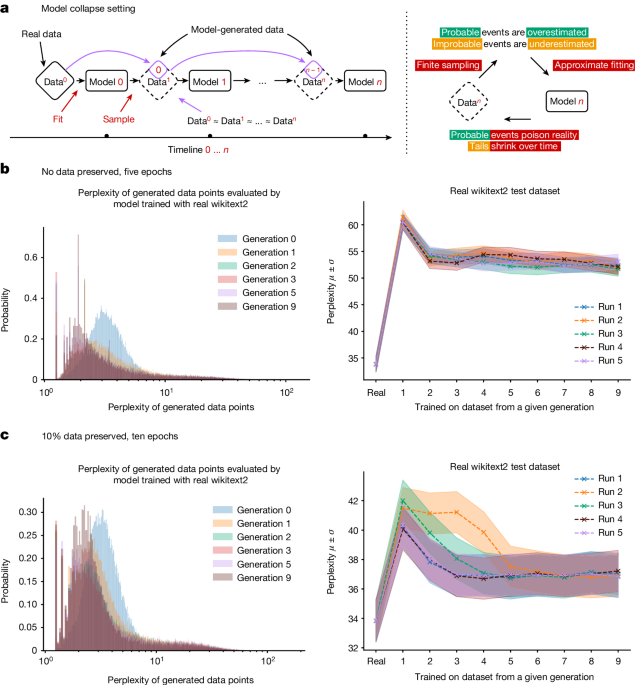

I had trouble using Flatseal to adjust permissions for Flatpak applications in Linux Mint. But that was a few months ago and may have been fixed. Other than that I never really had trouble with stuff being broken or unavailable in Mint.
I guess if you use very new hardware you might prefer a newer kernel than the one Mint uses. Or if you want the latest versions of packages, a rolling distro might suit you better. Or you might prefer a different filesystem. But if none of this bothers you, there’s no need to switch. Mint generally works well.


















Honestly I can’t remember the details. It was a few months ago and it may have been just a temporary thing or a quirk of my installation. I think it had to do with some component relating to DBus not being present that I couldn’t figure out how to fix.